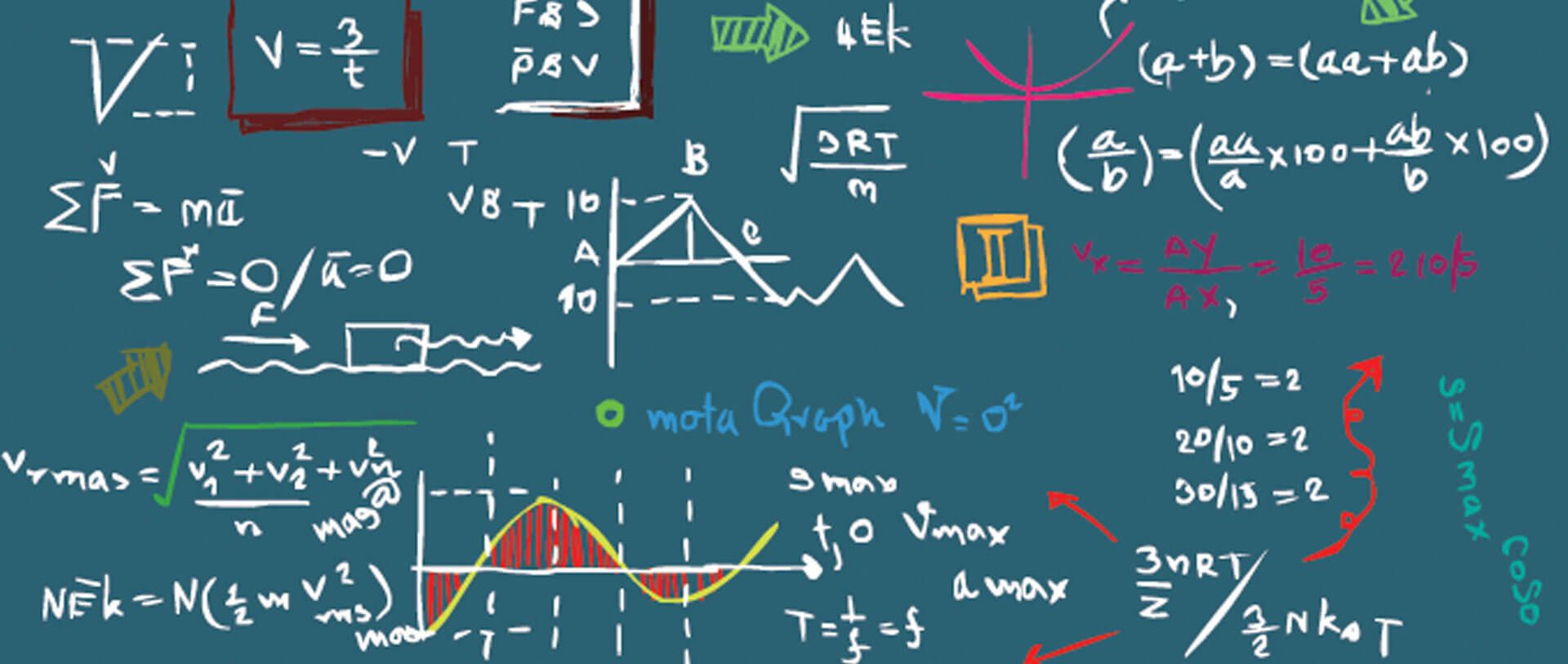"College and Career" has become the new buzzword in American high schools. We want to prepare students to be ready for the social and academic demands of college; and--for students who go to college and don't go to college--we want to prepare our students for the demands of being in a working environment. This has become a rallying cry for our P-12 school system because of so many surveys, studies (also see this study) and articles that have touted how unsuccessful our schools have been at accomplishing this goal.
Certainly many recent high school graduates (and their parents) can speak from personal experience. They completed high school and received their diploma, but they couldn't do the same in college. Among students that began college in 2007, less than 40% completed their Bachelor's degree by 2011. Even if you give them another two years the college graduation rate is still very low--59.4% (source). Employment rates for high school graduates may (certainly) be affected by general conditions of employment in society, however employers often have serious concerns about the readiness that recent high school (and college) graduates have for the workplace. So what should be done to better prepare students for college and careers?
First let's define the problem that is faced by our public schools. In a (very) broad sense, we need to be everything for everyone. We need to prepare the rich kids and the poor kids, the learning disabled and the academic superstars, the sports kids and the theatre kids and the band kids. And we need to prepare them for community college, for 4-year colleges, for selective and ivy-league colleges, as well as for certification in cosmetology and welding and mechanics. Additionally, we want them to be able to express themselves in writing, verbally, and online. We want them to know that it is important to be on-time, to be polite, to be a learner (for jobs and for college), to be wise with money and credit, to make good decisions.
Hence, our public schools are tasks to develop rules and policies and requirements for everyone even though everyone isn't following the same path after high school. So we have to find a balance between what's necessary for most or all students with what's probably really, really helpful for some of the students. For instance, mathematics is important, but should we require all students to take and pass (and know) Algebra 2? Financial Literacy is important, but do middle school students need to learn about home mortgages? Finding the right balance can be tough.
The other issue is that too many students (and parents) view high school as just a list of requirements to complete. The idea of "learning" is too far removed from the idea of "getting-a-grade". How do we help students to see the value of what they are learning in the midst of a system that constantly "rates" students with grades? Too many people feel that school is merely another one of life's competitions in which there are few winners. How does this prepare students for their life after high school. Therefore, our P-12 schools are also tasked with helping students to appreciate the learning and to increase their understanding of their abilities to learn.
Some of this can be done with requirements from school districts and from state education agencies. But, it seems to me, that some of this requires a societal view of school as preparing students for after school. We need parents to support this view; we need television to support this view; we need law-makers to support this view. College and career readiness is a big job and it requires a big response from all of us.


